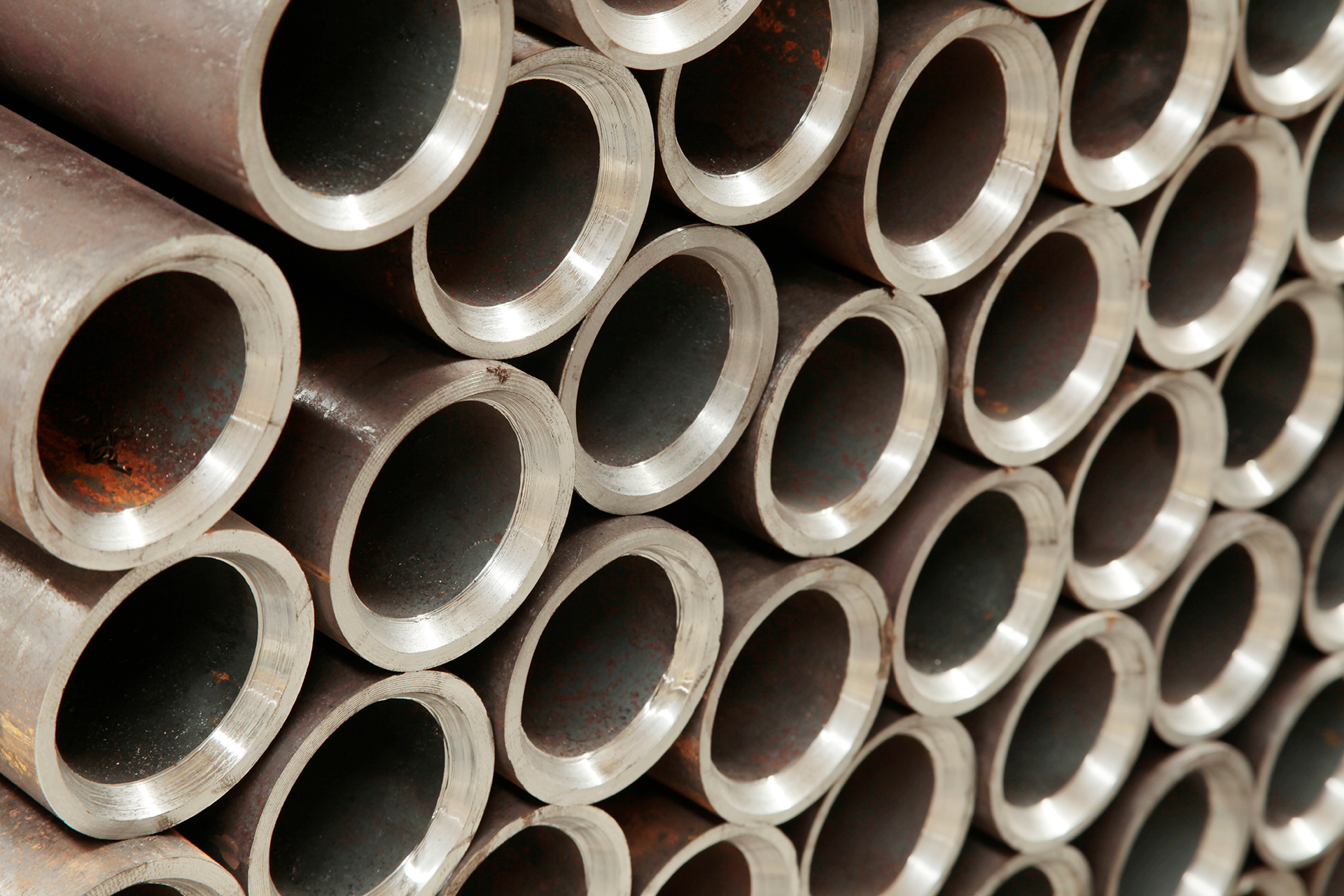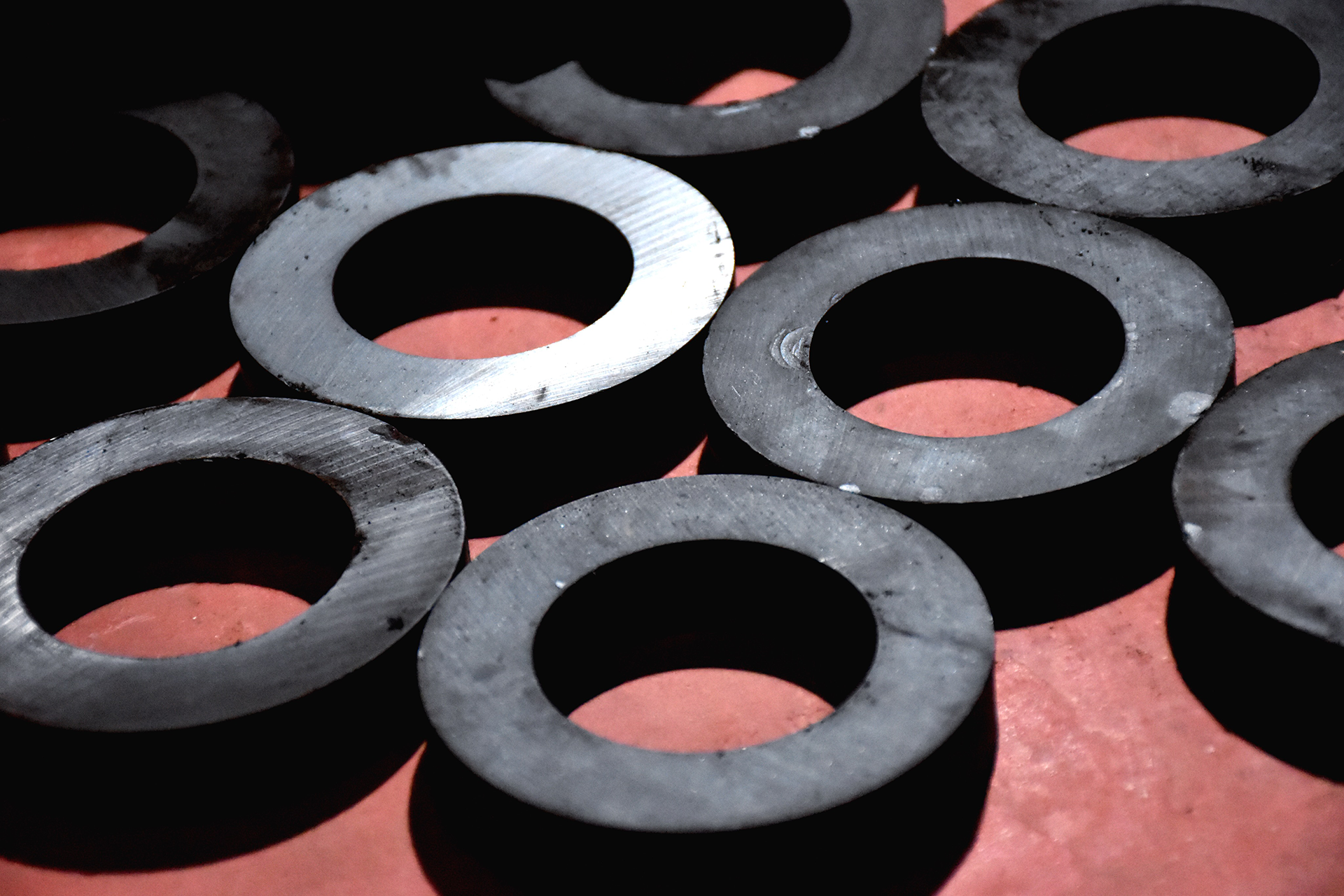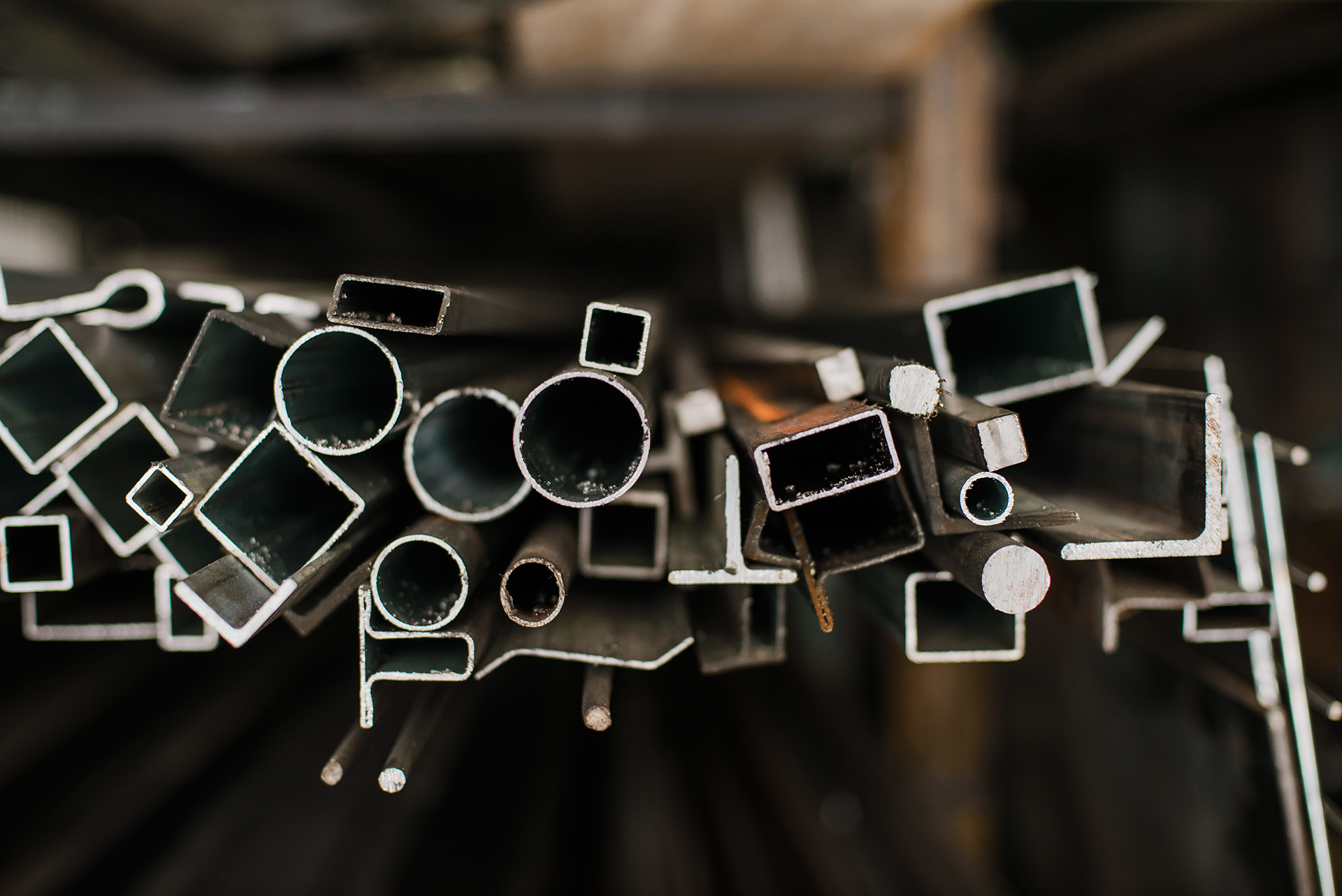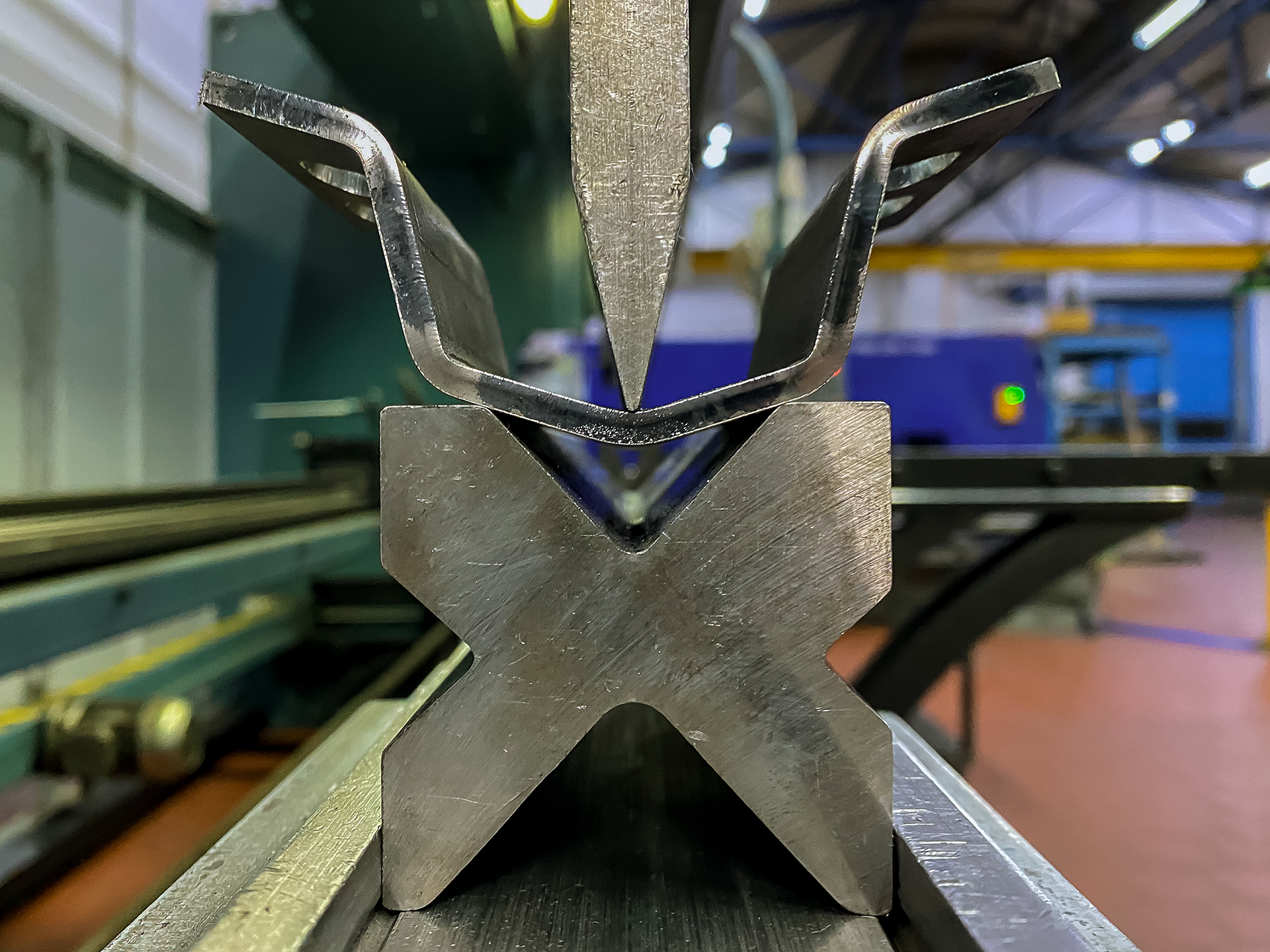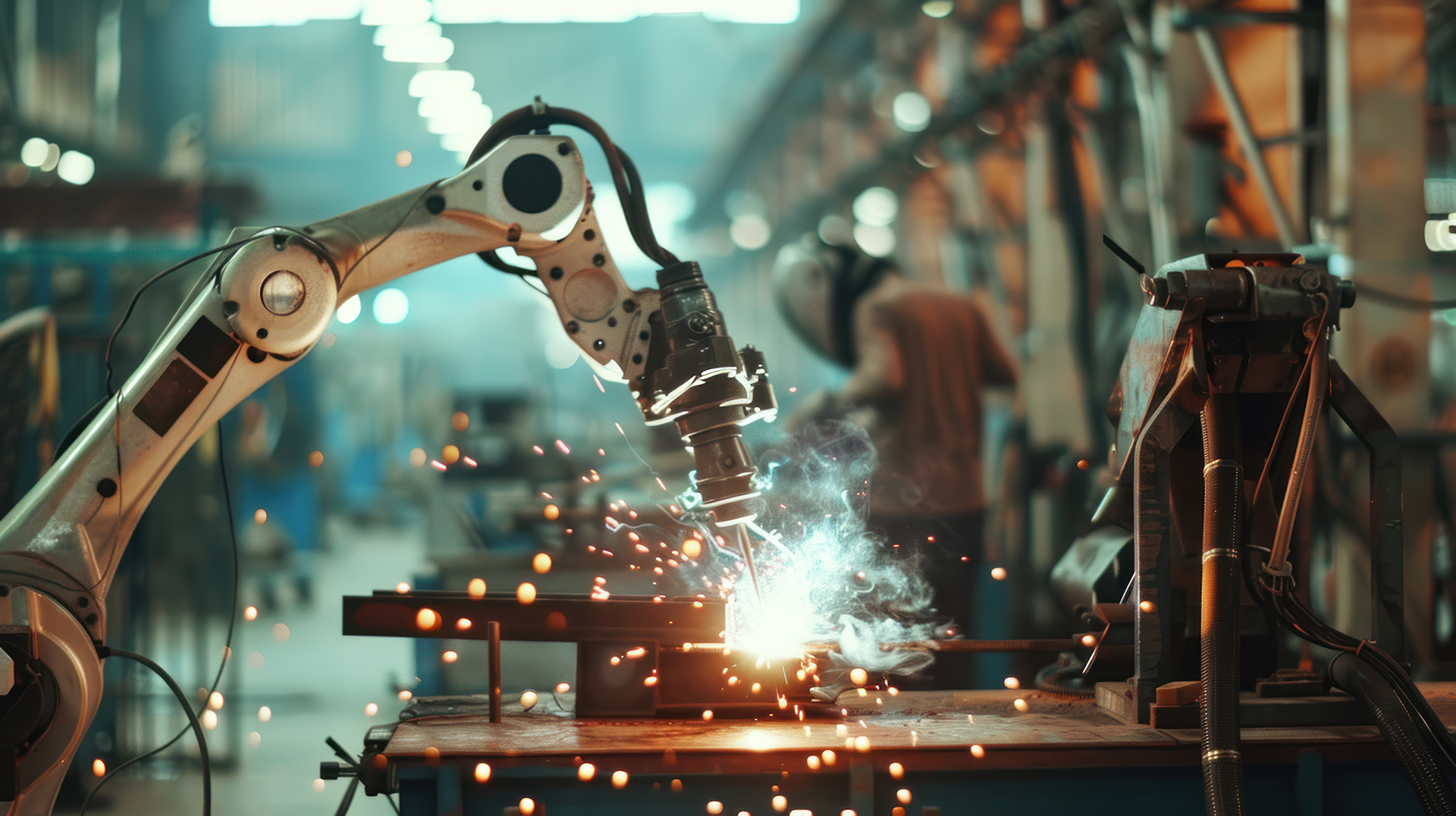Choosing the Right Aluminum Grade for Fabrication Projects
Selecting the right aluminum grade can directly impact the success of your fabrication project. Each grade offers distinct mechanical properties, corrosion resistance, and formability suited to different end uses. Whether you’re cutting, forming, or welding aluminum plate or sheet, the right choice ensures durability, finish quality, and efficient processing.
At Action Stainless, we stock and process three of the most widely used aluminum grades for fabrication: 1100, 3003, and 6061. This guide breaks down their differences and offers practical guidance on how to choose the right one for your needs.
What Makes Aluminum Ideal for Fabrication?
Aluminum is lightweight, corrosion-resistant, and easy to machine or weld. It’s widely used in industries like food service, transportation, HVAC, signage, and structural framing. The flexibility in forming and finishing makes it a top material for both industrial and consumer-facing applications.
However, not all aluminum grades are created equal. Depending on the alloying elements used, each grade offers different balances of strength, ductility, weldability, and corrosion resistance.
Aluminum’s low density allows for lightweight construction, reducing transportation and handling costs while still offering respectable strength-to-weight ratios. It also forms a natural oxide layer when exposed to air, providing excellent corrosion protection, particularly for exterior and sanitary environments.
Overview of Aluminum Grades We Stock
| Grade | Primary Strengths | Typical Uses |
|---|---|---|
| 1100 | Excellent corrosion resistance, highest workability | Food processing, chemical storage, decorative trim |
| 3003 | Better strength than 1100, good weldability | Roofing, siding, cookware, HVAC ducts |
| 6061 | High strength, machinable, good weldability | Structural parts, frames, truck beds, aerospace |
These grades are available in sheet and plate formats and can be cut to length, formed, or machined in-house at Action Stainless.
1100 Aluminum: Pure and Formable
1100 aluminum is a commercially pure aluminum grade (99%+ aluminum). It’s known for:
- Outstanding corrosion resistance in food-grade and chemical environments
- Superior ductility and formability
- Smooth surface ideal for anodizing or finishing
This grade is ideal when appearance and corrosion resistance are more critical than strength. It’s commonly used in reflective surfaces, architectural trim, and sanitary food equipment. Action Stainless provides 1100 aluminum in stock sheet with mill or custom-cut options.
While not suitable for structural or load-bearing applications due to its relatively low strength, 1100 is highly favored in applications that involve bending, rolling, or forming complex shapes.
3003 Aluminum: The Workhorse Alloy
3003 aluminum is an alloyed material with manganese added to improve strength while maintaining formability. It is roughly 20% stronger than 1100 and remains easy to work with.
Key benefits include:
- Better strength-to-weight ratio than 1100
- Excellent for deep drawing, forming, or bending
- Corrosion resistance for outdoor and interior use
Common applications include architectural panels, truck trailers, cooking utensils, and ductwork. Its weldability makes it a go-to alloy for general-purpose fabrication jobs. If your project needs more rigidity than 1100 but doesn’t require the strength of 6061, 3003 is an excellent middle ground.
3003 also responds well to decorative finishes, making it popular in both aesthetic and functional environments such as storefronts and display components. It resists atmospheric corrosion and is frequently used in residential siding and roofing.
6061 Aluminum: High-Strength & Versatile
6061 aluminum is one of the most versatile and widely used grades in industrial fabrication. It contains magnesium and silicon as alloying elements and delivers an optimal blend of strength, machinability, and corrosion resistance.
Key performance characteristics:
- High mechanical strength suitable for structural applications
- Excellent for welding and CNC machining
- Maintains form after shaping or cutting
6061 is ideal for aerospace components, marine structures, truck frames, and high-precision machined parts. At Action Stainless, we process 6061 sheet and plate with waterjet or saw cutting for ready-to-use parts in structural and load-bearing assemblies.
It also performs well under stress and tension, making it a strong option for load-bearing assemblies, mechanical arms, or frames where durability is key. Despite being less formable than 1100 or 3003, its machinability makes it ideal for drilled, tapped, or custom-machined parts.
Comparing 1100, 3003, and 6061 for Fabrication
| Property | 1100 | 3003 | 6061 |
|---|---|---|---|
| Corrosion Resistance | Excellent | Very Good | Good |
| Strength | Low | Medium | High |
| Weldability | Excellent | Excellent | Good |
| Formability | Excellent | Very Good | Fair |
| Machinability | Poor | Fair | Excellent |
| Cost | Low | Moderate | Higher |
Your selection should consider the balance between strength and workability. For intricate forming, 1100 is unmatched. For structural fabrication and high-load assemblies, 6061 is preferred. When cost, weldability, and moderate strength are key, 3003 offers the best compromise.
In-House Aluminum Processing Services at Action Stainless
Choosing the right grade is just the first step. Our full range of aluminum processing services includes:
- Saw Cutting for straight, accurate lengths
- Waterjet Cutting for burr-free, precise shapes without heat distortion
- Shearing and Forming for panels, trays, and enclosures
- CNC Machining for tight-tolerance drilled, slotted, or shaped components
- Custom fabrication support from CAD file import to delivery
Whether you're building a platform, enclosure, frame, or tank liner, our team ensures your aluminum sheet or plate is ready for immediate use, saving time and reducing rework.
Industries That Use Our Aluminum Grades
The aluminum grades we stock serve a wide variety of fabrication and OEM needs:
- Food Processing & Sanitation Equipment (1100, 3003)
- HVAC and Insulation Systems (3003)
- Marine Components & Frames (6061)
- Architectural Panels and Trim (1100, 3003)
- Industrial Machinery and Truck Beds (6061)
- Signage and Display Fixtures (1100)
- Utility Housings and Cabinets (3003, 6061)
We provide material traceability, quality control checks, and optional surface finishes to meet both visual and regulatory expectations.
Need Help Choosing the Right Aluminum Grade?
Whether you're selecting a food-safe material, a structural plate, or general-purpose sheet, Action Stainless offers expert guidance and precision processing to match. Our aluminum inventory and in-house services help you streamline production without compromising on quality.
Contact our team today to request a quote, place an order, or get help choosing the best aluminum grade for your fabrication project.


